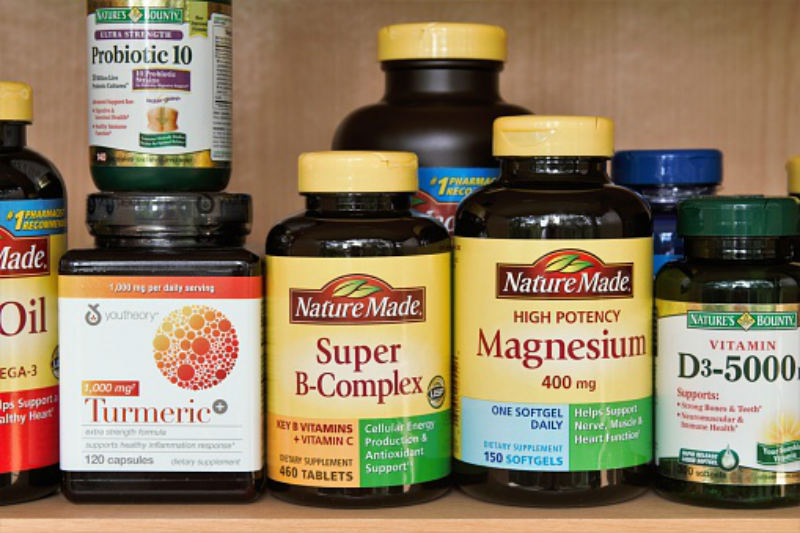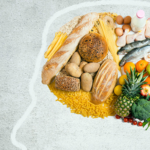Diet for Better Memory: The Ultimate Guide to Improved Brain Function
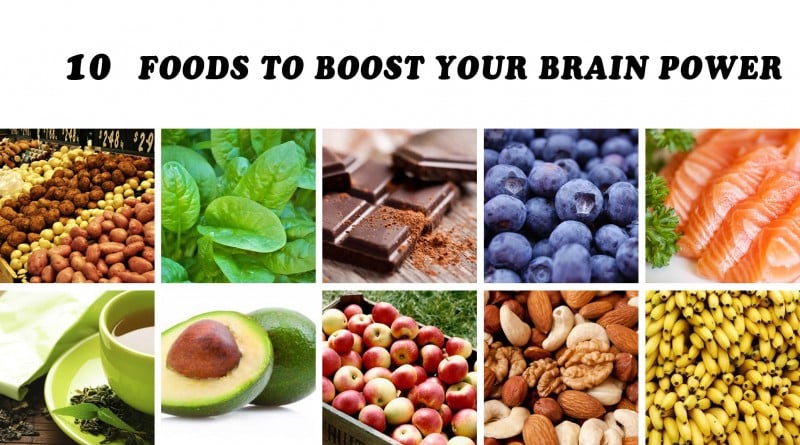
Memory loss is a common concern as we age, but it doesn’t have to be an inevitable part of growing older. Research has shown that a healthy diet can play a significant role in keeping our brains sharp and preventing memory decline. In this guide, we’ll explore the key elements of a “diet for better memory” and how to incorporate them into your daily meals.
The Importance of a Balanced Diet for Memory
One of the most important things you can do for your brain is to eat a balanced diet that provides all the nutrients your body needs to function at its best. This includes foods rich in omega-3 fatty acids, antioxidants, vitamins, and minerals that are essential for optimal brain function.
In addition to providing essential nutrients, a healthy diet can also help reduce the risk of chronic diseases that can contribute to memory decline, such as heart disease and type 2 diabetes. Learn the best foods for memory improvement.
Key Nutrients for a “Diet for Better Memory”
A diet that is rich in the following nutrients has been shown to improve memory and brain function:
- Omega-3 Fatty Acids: Found in fatty fish such as salmon, sardines, and anchovies, omega-3 fatty acids are essential for maintaining healthy brain function. They help to reduce inflammation and support brain cell growth and function.
- Antioxidants: Antioxidants protect against oxidative stress, which can damage brain cells and contribute to memory decline. Foods high in antioxidants include berries, nuts, and leafy greens.
- B Vitamins: B vitamins, including B6, B12, and folic acid, are important for maintaining brain function and preventing memory decline. Good sources of B vitamins include poultry, fish, and whole grains.
- Vitamin E: This powerful antioxidant has been shown to help improve memory and protect against age-related memory decline. Foods high in vitamin E include almonds, sunflower seeds, and avocado.
- Magnesium: Magnesium is essential for maintaining healthy brain function and has been shown to help improve memory. Good sources of magnesium include nuts, legumes, and leafy greens.
Tips for Incorporating a “Diet for Better Memory” into Your Daily Meals
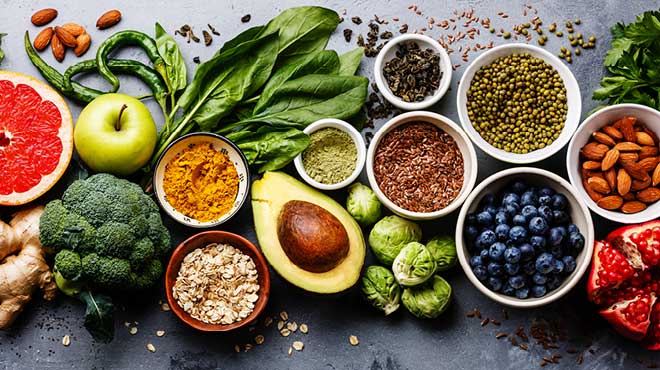
- Eat more fatty fish: Aim to eat at least two servings of fatty fish per week to get your omega-3 fatty acids.
- Add berries to your breakfast: Berries are high in antioxidants and can help protect your brain from oxidative stress.
- Snack on nuts: Nuts are a great source of antioxidants, vitamins, and minerals that are essential for brain health.
- Incorporate leafy greens into your meals: Leafy greens are high in antioxidants, vitamins, and minerals that are essential for optimal brain function.
- Try new healthy foods: Experiment with new foods and recipes that are high in brain-boosting nutrients.
What Foods Should You Avoid For Memory?
In addition to incorporating brain-boosting foods into your diet, it’s also important to limit or avoid certain foods that can negatively impact your memory. Some of the foods you should limit or avoid for better memory include:
- Fried foods, which can increase inflammation in the body and impair brain function.
- Processed and packaged snacks, which often contain added sugars and unhealthy fats.
- High-fat dairy products, such as whole milk and cheese, which can increase the risk of inflammation.
- High-fat red meats, which can raise levels of a protein that’s linked to memory decline.
- Excessive amounts of alcohol, which can impair brain function and increase the risk of memory problems.
It’s important to keep in mind that these foods should be limited or avoided as part of a balanced diet, rather than completely avoided. You can still enjoy these foods in moderation, but be mindful of how much you’re consuming and try to make healthier choices whenever possible. Additionally, if you have any concerns about your memory or diet, talk to your doctor for personalized recommendations.
What Is The Best Drink For Your Brain?
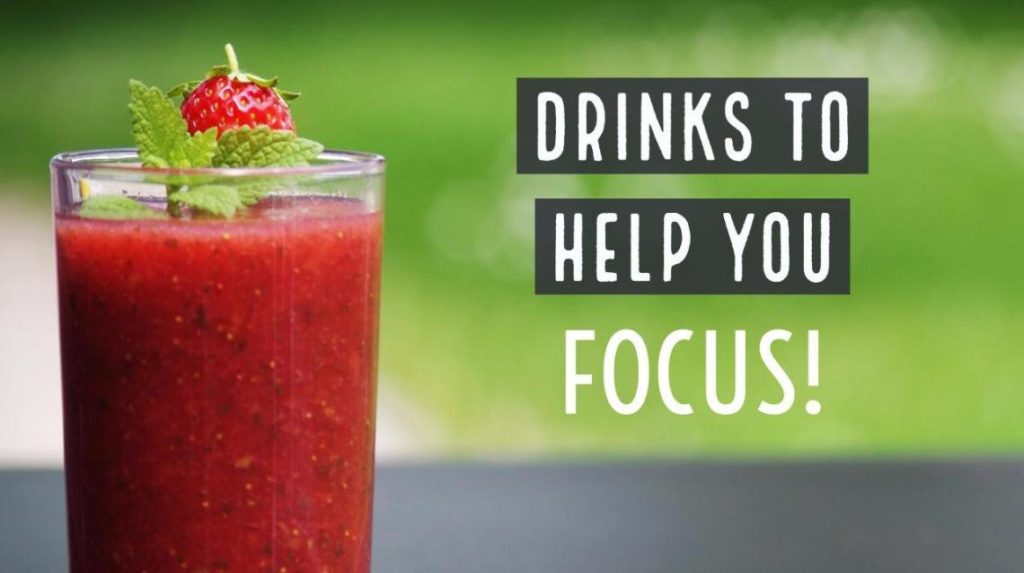
There are several drinks that are considered beneficial for brain health and memory. Some of the best options include:
- Water: Staying hydrated is crucial for overall brain function, so it’s important to drink plenty of water throughout the day.
- Green tea: Green tea contains antioxidants and caffeine, which can help improve memory and brain function.
- Coffee: Like green tea, coffee contains caffeine, which can help improve alertness and concentration.
- Berries smoothie: Berries are high in antioxidants and can help improve memory and protect the brain from damage. Blending berries with a healthy liquid like almond milk can make a delicious and nutritious drink.
- Coconut water: Coconut water is rich in potassium and other electrolytes, which can help improve brain function and cognitive performance.
It’s important to keep in mind that moderation is key when it comes to caffeinated drinks, as too much caffeine can lead to negative side effects like jitters and disrupted sleep. Additionally, it’s best to limit or avoid sugary drinks like soda and energy drinks, as these can have a negative impact on brain function and memory.
Which Fruit Is Best For Brain Memory?
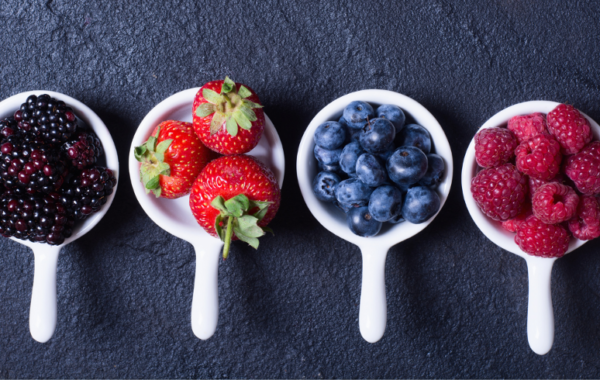
There are several fruits that are considered to be good for brain memory and overall brain health. Some of the best options include:
- Blueberries: Blueberries are high in antioxidants, which can help improve memory and protect the brain from damage.
- Avocados: Avocados are high in healthy fats, which are important for brain function and cognitive performance.
- Oranges: Oranges are high in vitamin C, which is an antioxidant that can help protect the brain from damage and improve memory.
- Apples: Apples are high in antioxidants and fiber, which can help improve brain function and protect against memory decline.
- Pomegranates: Pomegranates are high in antioxidants and have been shown to improve memory and cognitive performance.
It’s important to note that these fruits are most beneficial when consumed as part of a balanced diet that includes a variety of nutrient-rich foods. Eating a variety of fruits, as well as vegetables, whole grains, and healthy proteins, is key to maintaining good brain health and memory.
Which Vitamin Is Good For Brain?
There are several vitamins that are important for brain health and cognitive function. Some of the most important vitamins for the brain include:
- Vitamin B12: Vitamin B12 is important for maintaining healthy brain cells and improving cognitive function.
- Vitamin B9 (Folate): Vitamin B9, also known as folate, is important for the proper functioning of the brain and nervous system.
- Vitamin C: Vitamin C is an antioxidant that can help protect the brain from damage and improve memory.
- Vitamin D: Vitamin D is important for brain health, as low levels of vitamin D have been linked to memory decline and cognitive impairment.
- Vitamin E: Vitamin E is an antioxidant that can help protect the brain from damage and improve cognitive function.
It’s important to note that these vitamins are best obtained through a balanced diet that includes a variety of nutrient-rich foods. Supplements may be necessary if you have a deficiency or cannot get enough of these vitamins through your diet, but it’s always best to talk to your doctor before starting any new supplement regimen. Additionally, excessive amounts of some vitamins can be harmful, so it’s important to talk to your doctor about the right amount for you.
Frequently Asked Questions
Q. What are the key components of a diet for better memory?
A. A diet for better memory should include a variety of nutrient-rich foods, including fruits and vegetables, whole grains, healthy fats, and lean protein. It should also limit or avoid processed and high-sugar foods, as these can have a negative impact on brain health and memory.
Q. How much water should I drink for better memory?
A. Staying hydrated is crucial for overall brain function, so it’s important to drink plenty of water throughout the day. The exact amount you need will vary based on factors like your age, activity level, and overall health, but a general guideline is to drink at least 8 glasses of water per day.
Q. Can too much caffeine affect my memory?
A. While caffeine can help improve alertness and concentration, excessive amounts can lead to negative side effects like jitters and disrupted sleep. Additionally, too much caffeine can interfere with the absorption of other important nutrients, so it’s important to limit your caffeine intake to moderate levels.
Q. What should I do if I have trouble getting enough of these vitamins and nutrients from my diet?
A. If you have trouble getting enough of these vitamins and nutrients from your diet, you may consider taking a daily multivitamin or other specific supplements. However, it’s always best to talk to your doctor before starting any new supplement regimen, as excessive amounts of some vitamins can be harmful. Your doctor can help you determine the right amount for your needs.
Conclusion
In conclusion, a healthy diet can play a significant role in maintaining brain function and preventing memory decline. By incorporating foods that are rich in omega-3 fatty acids, antioxidants, vitamins, and minerals, you can help support your brain health and improve your memory. So why not make a commitment to a “diet for better memory” today and start reaping the benefits for years to come!
To learn more Memory Improvement Tips, check out Ten Ways To Improve Your Memory

